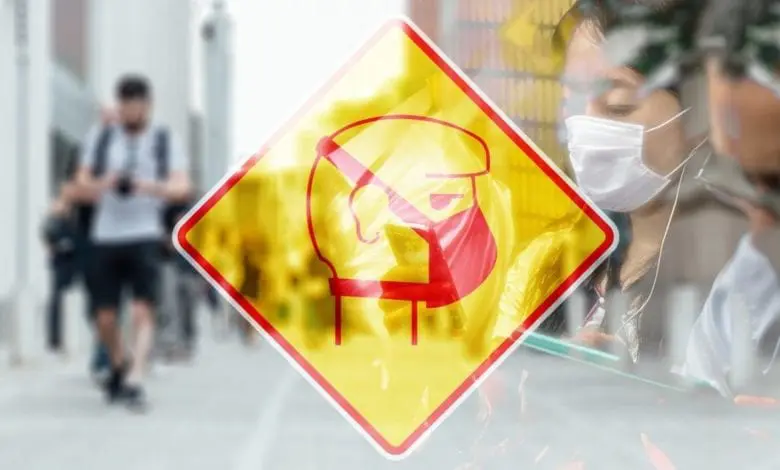Three ways the funeral industry has adapted to Covi-19

With social distancing, movement control, and lockdowns occurring worldwide due to the coronavirus, many industries have been slowed down or halted. Unfortunately, the same can be said for the death care industry.

